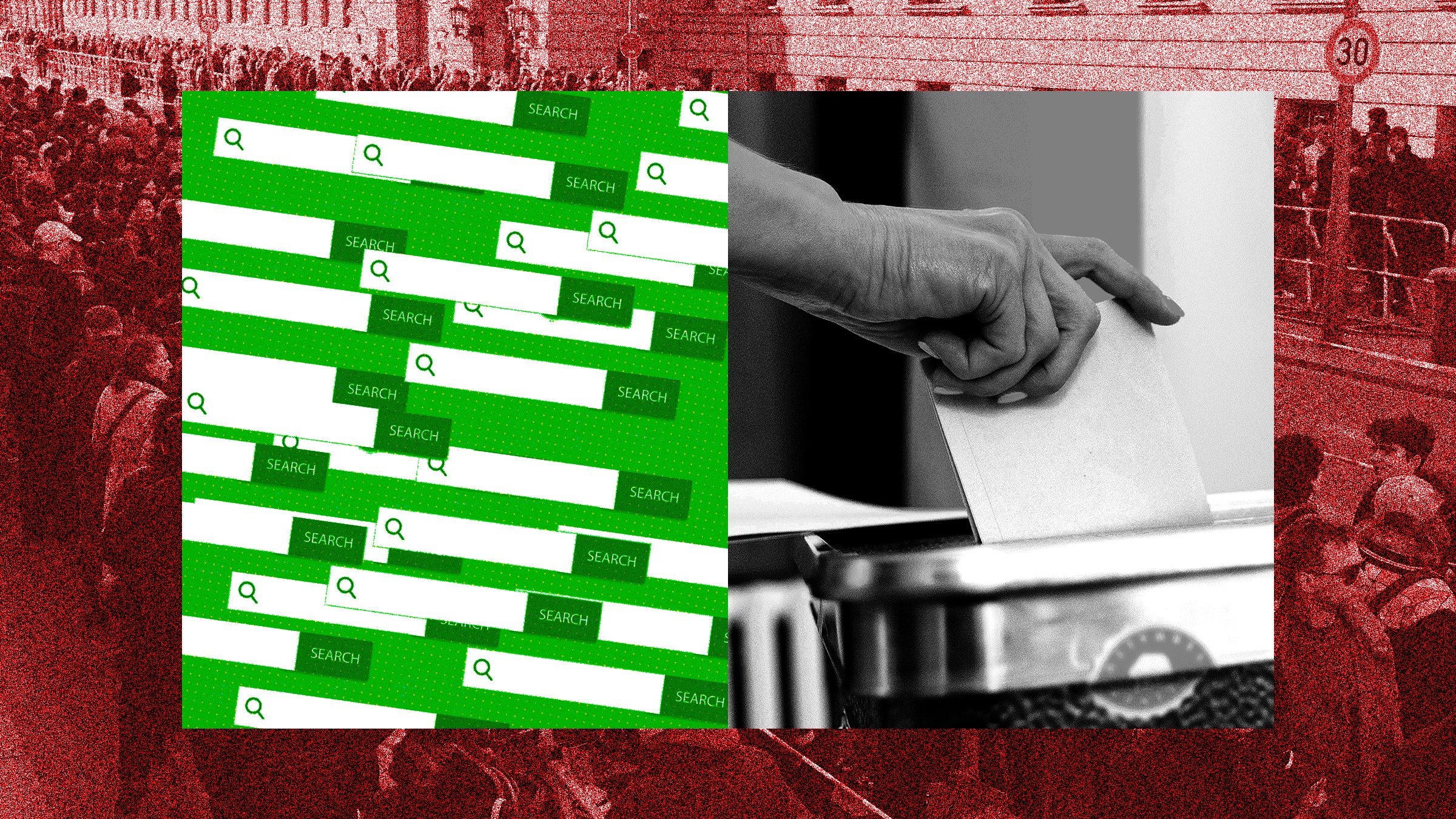
**New Study Uncovers Worldwide Trends in Toxic Political Dialogue on Social Media**
An innovative research project examining social media exchanges has disclosed that political dialogue in nine nations exhibits remarkably similar patterns, regardless of language or governance structure. The investigation, featured in *Nature Communications*, centered on an extensive dataset of 375 million tweets, providing fresh perspectives on how people engage across political divides in the digital era.
The examination included political interactions among users in Canada, France, Germany, Italy, Poland, Spain, Turkey, the United Kingdom, and the United States, assessing users’ political affiliations based on their interactions with political leaders’ accounts. The results indicate a concerning trend: exchanges between adherents of opposing political factions are consistently more aggressive yet garner less interaction than conversations within political circles.
**Grasping Political Divides**
To execute the research, scholars monitored political dialogues on the social media site X (previously known as Twitter), concentrating on a 24-hour timeframe in September 2022. They aggregated and scrutinized public messages and interactions involving more than 1,800 politicians from the nine assessed nations. By tracking which users retweeted or commented on specific politicians’ posts, the team inferred the political inclinations of individual users.
A distinct trend surfaced: when a political leader or party member strayed from their party’s dominant views, they were swiftly branded as a rival by both their own faction and political opponents. This mirrors occurrences such as the treatment of American politicians Liz Cheney and Tulsi Gabbard, who faced severe backlash for diverging from their parties on pivotal topics. This behavior reflects a broader tendency of diminishing tolerance for dissent within political collectives.
**The Price of Inter-Party Dialogue**
One of the more distressing revelations from the study was the hostile nature of inter-party dialogue. Although social media ostensibly provides a venue for interaction with individuals holding divergent political views, these exchanges typically turn confrontational instead of constructive. Such antagonistic interactions between political opponents seldom lead to meaningful discussions and often discourage continued dialogue.
Dr. Max Falkenberg, the lead author, points out that “Since Elon Musk’s acquisition of X, numerous users have noted a limitation on access to the high-quality data needed to investigate these matters further.” While the platform’s structural alterations pose obstacles for ongoing research, this study offers a significant overview of the digital political environment up to 2022.
Professor Andrea Baronchelli, who led the research, voiced worries regarding the ramifications of these findings: “It becomes apparent that major platforms like X facilitate aggressive confrontations between political rivals, while smaller niche platforms appear to promote dialogues mainly within like-minded groups, creating echo chambers.” These dynamics can complicate individuals’ ability to participate in fruitful, cross-party communication, thus entrenching political polarization.
**Worldwide Consequences for Political Dialogue**
Beyond platform-specific behavior, this trend of toxic inter-party communication seems to be a global issue. Irrespective of national political contexts, social media users from the nine countries surveyed demonstrated similar conduct: exchanges between rival political factions were characterized by hostility, and political adversaries were often perceived as threats rather than conversation partners.
This global pattern incites significant apprehension about the wellness of democratic dialogue. The rising affective polarization—where individuals cultivate negative sentiments and attitudes toward political adversaries—could pose a serious risk to constructive conversations and compromise, which are vital for democratic societies.
Political communication in the age of social media appears to be evolving in a manner that discourages diverse opinions and engagement with varying viewpoints. As this trend continues, echo chambers—where users are exposed solely to sentiments that confirm their own—seem to become increasingly prevalent, exacerbating divisions.
### Glossary
– **Affective Polarization**: The tendency for individuals to perceive their political opponents with considerable negativity, restricting opportunities for constructive dialogue.
– **Echo Chamber**: An environment, particularly online, where individuals mainly encounter opinions that affirm their own beliefs, reducing the likelihood of engagement with opposing views.
– **Partisan**: A devoted advocate of a specific political party or ideology, frequently leading to polarized perspectives on policy matters.
– **Political Discourse**: The discussion of political ideas or opinions, ideally occurring in a constructive and open manner.
### Test Your Knowledge
How many countries were included in the study?
Nine countries: Canada, France, Germany, Italy, Poland, Spain, Turkey, UK, and USA.
What key behavioral pattern was noted across all nations?
Political party members who strayed from party lines were swiftly regarded as political opponents by both their party and the opposition.
How many tweets were examined in the research?
The study analyzed a total of 375 million tweets.